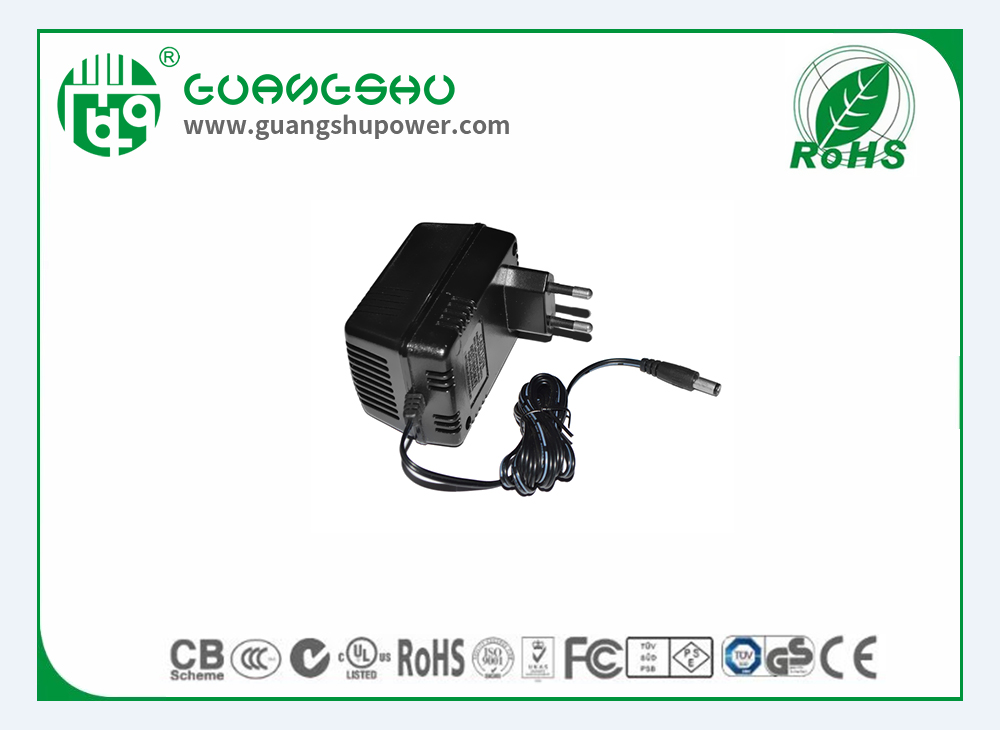Time:2024-09-11 Views:0

The laptop adapter may be damaged if it is too hot.
From the characteristics of electronic components, most electronic components have their suitable operating temperature range. When the temperature of the laptop adapter is too high, the performance of the internal semiconductor devices (such as diodes, transistors, integrated circuits, etc.) will be affected. For example, high temperatures may intensify the intrinsic excitation of semiconductor devices, leading to an increase in carrier concentration and thus affecting their normal conductivity characteristics. Long term exposure to high temperature environments can accelerate the aging rate of these devices, which may cause their parameters to drift and ultimately lead to their failure.
From a material perspective, the insulation material inside the adapter will also be affected by high temperatures. Like common insulating plastics, they may soften, deform, or even lose their insulation properties at high temperatures. This not only affects the normal operation of the adapter, but may also cause safety issues such as short circuits.
Furthermore, high temperatures can also pose a risk to the solder joints inside the adapter. Solder joints may melt or crack at high temperatures, leading to poor contact. Moreover, high temperatures may cause bulging and leakage of capacitors and other components in the adapter, affecting its electrical performance.
However, laptop adapters typically generate some degree of heat during normal operation, which does not necessarily mean they will be damaged. If it is only a slight heating and within the designed temperature range, it generally does not have a significant impact on the adapter. But if the temperature is too high and exceeds the normal range, measures need to be taken to reduce the temperature to avoid damage to the adapter.
Read recommendations:
5V2A Wall Plug Australian Standard
63W UK Standard Switching power supply